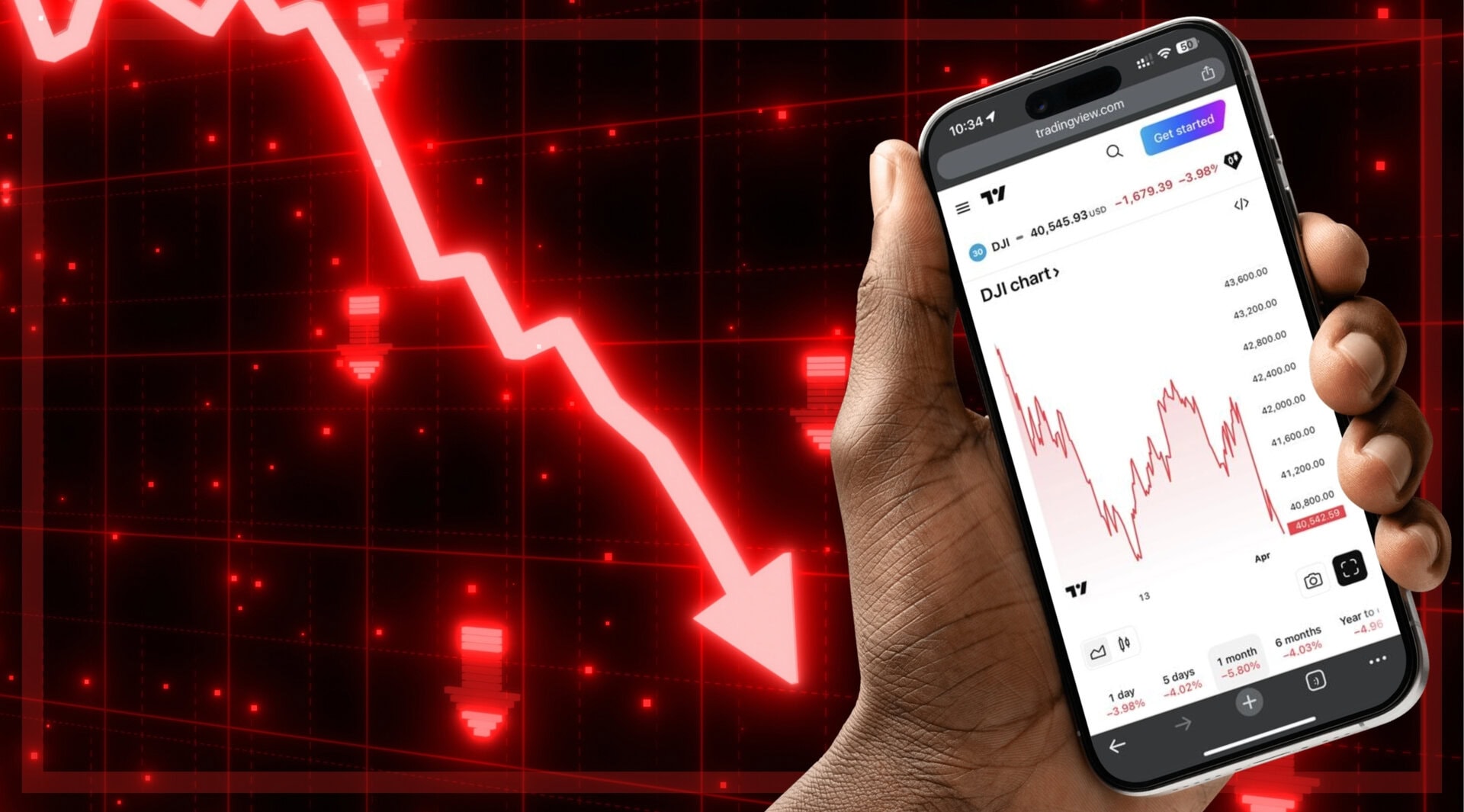Earlier this year, posters began to be plastered around the streets of Kyiv and other major cities in Ukraine. The USAID Office of Inspector General, which oversees the use of US funds that are donated abroad, put out a call encouraging citizens to report corruption and abuse. The move comes at a time when there is increasing pressure on Ukraine, which has long been seen as one of the most corrupt countries in Europe, to ensure that donations from allies are being used for strictly military or humanitarian purposes.
We encourage timely and transparent reporting of corruption & abuse affecting the US' support to #Ukraine and its people. Please download and SHARE the hotline posters in English and Ukrainian. #oversight
— USAID Office of Inspector General (@USAID_OIG) January 26, 2023
English: https://t.co/uhUynixRr7
Ukrainian: https://t.co/eAvia8Y7FK pic.twitter.com/wuznrIB2BR
The Biden administration, which has so far donated at least $75 billion in assistance to Ukraine, has come under increased scrutiny from the Republican opposition in terms of its approach to the conflict. Having taken control of the House of Representatives this year, Republicans have sought to emphasise their determination to inspect carefully the money being sent to Kyiv. Representative Mike Rogers of Alabama said in February that the amounts involved in the Ukrainian war effort “are unprecedented numbers – and require an unprecedented level of oversight by Congress.”
Increased scepticism and caution regarding the war partly reflects a growing unease in large parts of the GOP over America’s deep involvement in a foreign war, so soon after the disasters of Iraq and Afghanistan demonstrated the risks of American entanglement in conflict overseas.
Former President Trump has said that he could resolve the conflict “within 24 hours,” while the Governor of Florida Ron DeSantis has come out against Ukrainian membership of NATO and argued that the States should not be giving a “blank cheque” to Kyiv.
In January the US Treasury was adamant that there was no reason to suspect any wrongdoing in terms of their financial donations to Kyiv. Treasury Spokesperson Megan Apper told Reuters that “we have no indication that US funds have been misused in Ukraine […] we welcome the ongoing efforts by the Ukrainian authorities to work with us to ensure appropriate safeguards are in place so that US assistance reaches those for whom it is intended.” Just yesterday, President Biden sought to reassure Ukraine that America would “not walk away” from Congress after Republicans vetoed a further $6 billion in aid.
However, domestic politics aside, the posters that have begun to spring up around Kyiv suggest that officials in the US government are increasingly concerned about the potential misuse of funds in Ukraine.
Part of the reason for increased levels of scepticism is that there is a greater awareness of Ukraine’s troubled past with corruption, which continues (albeit to a lesser degree) to this day. Kyiv ranks 116th out of 180 countries on the campaign group Transparency International’s latest Corruption Perceptions Index, while a recent poll found that almost 80% of Ukrainians think that corruption is one of the biggest problems facing the country.
The issue is deep-rooted and precedes the outbreak of full-scale war last year. A 2016 report demonstrated that 42% of Ukrainian households had reported paying a bribe to access basic public services.
A Time magazine article from earlier this year argued that “Ukraine inherited widespread corruption following the fall of the Soviet Union, including within its judiciary, health care, and education systems […] since its independence thirty years ago, corruption has posed a major threat to the country’s efforts to free itself from the influence of Russian oligarchs and establish a democratic political system.”
During the recent conflict, there have been several high-profile cases of corruption involving Ukrainian officials. A former Supreme Court chief was recently investigated for taking a $2.7 million bribe, while a deputy minister in the Ukrainian government has also been exposed for pocketing recovery funds. This year alone, the National Anti-Corruption Bureau of Ukraine (NABU), which was formed in 2014 on the request of the International Monetary Fund (IMF), has launched almost 300 investigations and sent a record 58 indictments to court. Investigations have centred on high-profile figures including a regional council chief, two deputy governors, and a former head of the state property fund.
While investigations and convictions are of course welcome, is the sight of senior officials engaging in corrupt practices deterring Ukraine’s Western allies from offering more funds?
Ukraine's anti-graft police zero in on major wartime corruption https://t.co/q4j2GqZcEw pic.twitter.com/uRA78CzNdF
— Reuters (@Reuters) August 21, 2023
The perception of high levels of corruption could also contribute to diminishing levels of support from the American public for Ukraine. A small majority of Americans still support military aid to Ukraine, but a growing share of Republicans say the country is giving too much aid to Kyiv. John Sopko, the US special inspector general who has overseen aid to Afghanistan since 2012, recently said that “when you spend so much money so quickly, with so little oversight, you’re going to have fraud, waste, and abuse – massive amounts.” For how long will Americans consent to their money going towards “fraud, waste, and abuse” at a time of rising prices and potential recession?
President Zelensky has sought to emphasise his determination to combat graft and corruption. But during difficult economic times, whether that will be enough to satisfy American taxpayers, who are the people ultimately funding his war effort, remains to be seen.
Author: Harry Clynch















